The Burundian Office for the Protection of the Environment reveals that more than 15 hippopotamuses have been killed over the last two years. Environmental activities require compliance with the Water Code to protect this endangered species.
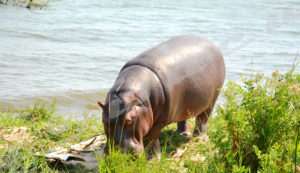
A hippopotamus grazing across Lake Tanganyika
“We currently observe hippos wandering in various neighborhoods of Bujumbura like Kibenga, Kinindo, Gisyo, Kabondo, and other places around Lake Tanganyika,” said Samuel Ndayiragije, Director General of the Burundian Office for the Protection of Environment (OBPE) on 26 March. He stated that more than 15 hippos were killed in the last two years.
“Hippopotamuses’ natural habitat is cramped as a result of houses and hotels built along the Lake Tanganyika. These animals are now forced to leave their habitat in search of grass, “he says.
In the same view, Gaspard Ntakimazi, an expert in aquatic environment, says hippopotamuses’ natural habitat is invaded by people and they therefore have no food. He adds that a hippopotamus must graze between 1000 kg and 1500 kg or more per day. He believes that this species is threatened by buildings on the shores of the lake and other activities conducted on or near it.
As for Jacques Nkengurutse, Spokesperson for the organization fighting for the protection of the environment (ACVE), this situation is aggravated by the fact that the Burundian code of water is not fully respected. The latter prohibits any construction activity within150 meters in a buffer zone from the edge of Lake Tanganyika. “Hippopotamuses are now going out of their natural habitats to look for food in residential areas, hotels, dump sites and streets fall into the traps set by people who want to eat them. Hippopotamuses can also contract disease when they eat cooked food whereas they are herbivores,” he says. For him, they should stay in their natural habitats where they are protected.

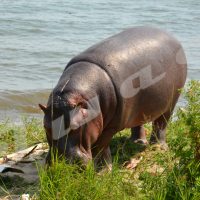
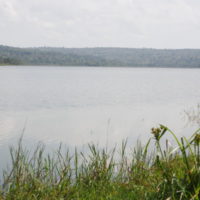
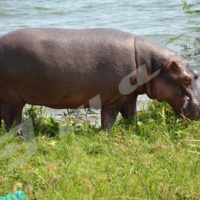
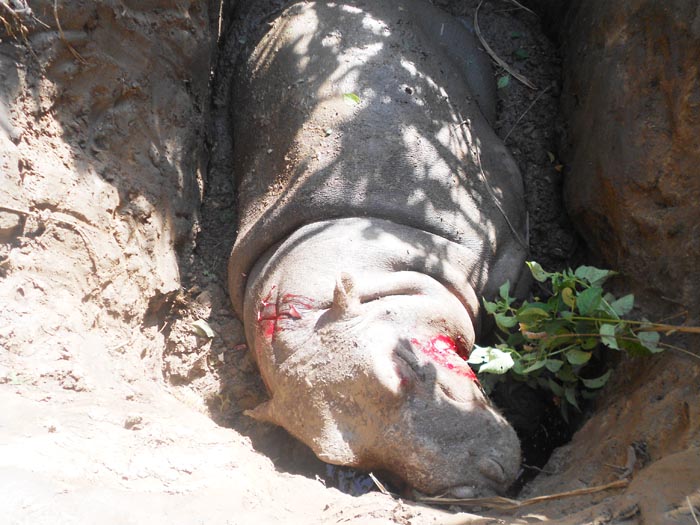
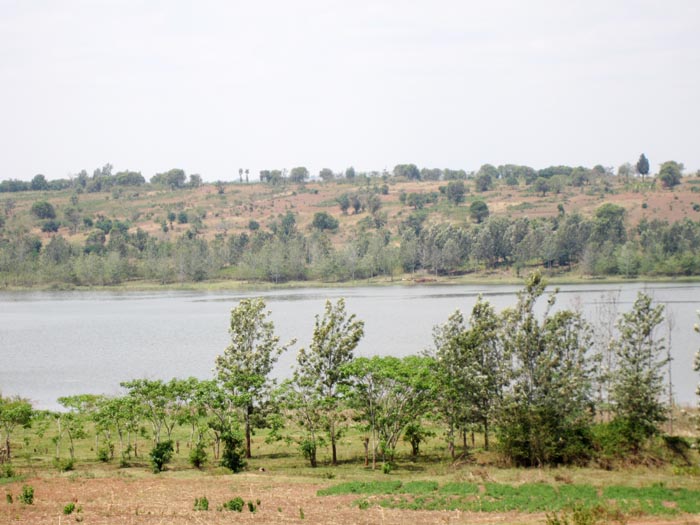













 IWACU Open Data
IWACU Open Data

